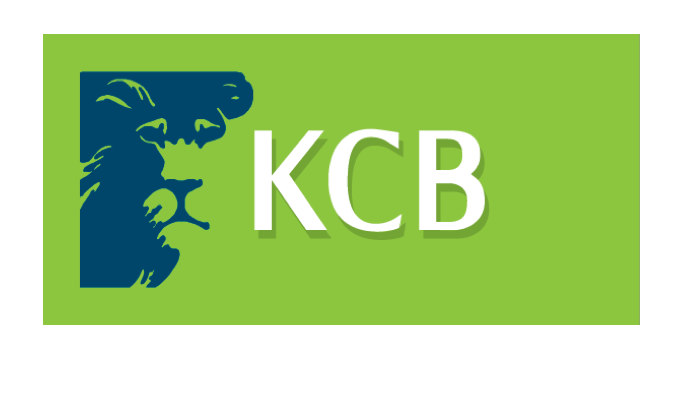KCB Group, the country’s largest lender by market share, said yesterday interest controls are likely to continue eating its net net earnings this year. Net profit for 12 months through December 2016 rose by a marginal 0.5 per cent year-on-year to Sh19.72 billion, reversing years of double-digit growth largely due to increased provisions against bad loans.
Loans went up by 11.50 per cent to Sh385.75 billion, while customer deposits rose by 5.6 per cent to Sh448.17 billion. Total non-performing loans, however, expanded by Sh7.03 billion to Sh27.20 billion, with provisions against the defaults rising Sh5.17 billion to Sh16.46 billion.
Net interest earnings increased by Sh7.79 billion or 19.85 per cent to Sh47.03 billion. Non-interest income, mainly from transaction fees and commissions, dropped by 3.98 per cent to Sh22.45 billion.
The lender said the cap on commercial lending rates is likely to cut its pretax profit by two per cent this year, and will mean fewer loans to small and medium sized firms.
The limit, which caps rates at four percentage points above the Central Bank Rate, now at 10 per cent, had cut KCB’s net interest margin by two percentage points to nine percent, group CEO Joshua Oigara said.
Bank shares have slumped since the cap was imposed in September, with the average valuation dropping by half to 0.9 times book value. The government said the cap was justified since Kenyan lenders had some of the highest returns on equity on the continent, yet customers were charged high rates.
Francis Mwangi, a bank analyst at Standard Investment Bank, said he expected KCB’s profit to fall by more than 2 percent this year.
“We believe the impact of the rate cap will be more significant than that,” he said.
KCB Group, which also operates in neighbouring Uganda, Tanzania, Rwanda, Burundi and South Sudan, said its pretax profit rose 10 percent last year to Sh29.09 billion, curbed by hyperinflation in South Sudan.
It booked a Sh3.46 billion loss from the South Sudan business after it revalued its assets there.
“It is a double whammy,” Lawrence Kimathi, the group’s chief financial officer told investors, saying the revaluation of South Sudan assets did not have a tax benefit.
South Sudan, which is facing famine in some parts due to years of fighting and drought, saw its cumulative three year inflation exceed 100 percent last year and Oigara said KCB was cutting back there to reduce risk.
“This year we will shut down an additional 5-7 branches so we remain with a few branches in Juba,” he told Reuters.
KCB would continue to invest in government securities following the imposition of the cap, which also sets a minimum interest rate for customer deposits in banks, while increasing lending to selected customers, in sectors that were still profitable, he added
“Of course some areas will suffer,” the chief executive said, singling out lending to small and medium firms, which were now deemed risky.
Oigara said the bank was reviewing staffing needs, to contain costs, but denied recent reports it was targeting a reduction of 500 jobs.
KCB raised its dividend 50 percent to 3 shillings per share saying it had enough capital to distribute more earnings to shareholders.

